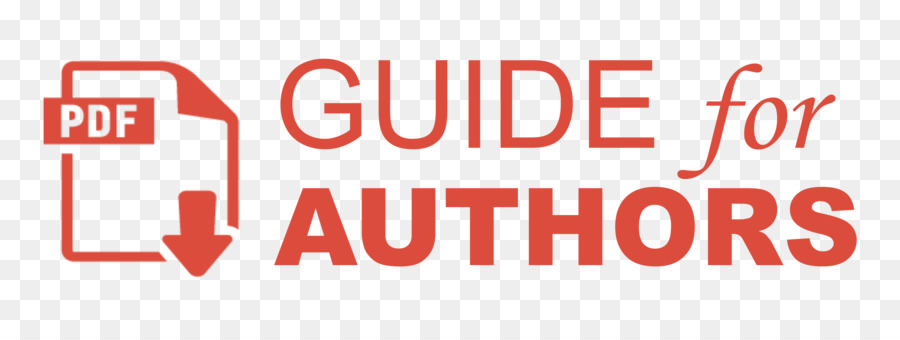PENGARUH KOMPETENSI TERHADAP KINERJA KARYAWAN RUMAH SAKIT SARI MULIA BANJARMASIN
(1) STIMI Banjarmasin
(*) Corresponding Author
Sari
Teks Lengkap:
PDFReferensi
Baba, V. V., Tourigny, L., Wang, X., & Liu, W. (2009). Proactive Personality and Work Performance in China: The Moderating Effects of Emotional Exhaustion and Perceived Safety Climate. Canadian Journal of Administrative Sciences , 26 (1), 23-37.
Bahmanabadi, M., & Jafari, M. (2014). Emotional Intelligence and Job Performance: Evidence from Railroad Industry. Management Science Letters 4 , 1693-1698.
Bernardin, H. J., & Russel, J. E. (2003). Human Resources Management: An Experiential Approach (3 ed.). New York: McGraw-Hill.
Blickle, G., John, J., Ferris, G. R., Momm, T., Liu, Y., Haag, R., et al. (2011). Fit of Political Skill to the Work Context: A Two-Study Investigation. Applied Psychology: An International Review , 1-28.
Blickle, G., Oerder, K., & Summers, J. K. (2010). The Impact of Political Skill on Career Success of Employees' Representatives. Journal of Vocational Behavior , 1-8.
Boyatzis, R. E. (2010). Competencies in the 21st Century. Journal of Management Development , 27 (1), 5-12.
Boyatzis, R. E., Batista-Foguet, J. M., Fernandez-i-Marin, X., & Truninger, M. (2015). EI Competencies as A Related but Different Characteristic than Intelligence. Frontiers in Psychology , 6, 1-14.
Chughtai, M. W., & Lateef, K. (2015). Role of Emotional Intelligence on Employees Performance in Customer Services: A Case Study of Telecom Sector of Pakistan. International Journal of Advance Research in Computer Science and Management Studies , 3 (2), 101-108.
Crant, J. M. (2000). Proactive Behavior in Organizations. Journal of Management , 26 (3), 435-462.
Grant, A. M., & Ashford, S. J. (2008). The Dynamics of Proactivity at Work. Research in Organizational Behavior , 28, 3-34.
Grant, A. M., Nurmohamed, S., Ashford, S. J., & Dekas, K. (2011). The Performance Implications of Ambivalent Initiative: The Interplay of Autonomous and Controlled Motivations. Organizational Behavior and Human Decision Processes , 116, 241-251.
Ismail, R., & Abidin, S. Z. (2010). Impact of Workers' Competence on Their Performance in the Malaysian Private Sector. Business and Economic Horizons , 2 (2), 25-36.
Joseph, N., & Wawire, B. P. (2015). The Influence of Emotional Intelligence on Service Delivery. International Journal of Economics, Finance and Management , 4 (1), 8-13.
Mathis, R. L., & Jackson, J. H. (2010). Manajemen Sumber Daya Manusia. Jakarta: Salemba Empat.
Mulyono, M. H., Hamzah, A., & Abdullah, A. Z. (2013). Faktor yang Berpengaruh Terhadap Kinerja Perawat di Rumah Sakit Tingkat III 16.06.01 Ambon. Jurnal Administrasi dan Kebijakan Kesehatan , 2 (1), 1-9.
Palumbo, M. V., Miller, C. E., Shalin, V. L., & Steele-Johnson, D. (2005). The Impact of Job Knowledge in the Cognitive Ability-Performance Relationship. Applied H.R.M. Research , 10 (1), 13-20.
Rivai, V., & Basri. (2005). Performance Appraisal: Sistem yang Tepat untuk Menilai Kinerja Karyawan dan Meningkatkan Daya Saing Perusahaan. Jakarta: Raja Grafindo Persada.
Shahzad, K., Sarmad, M., Abbas, M., & Khan, M. A. (2011). Impact of Emotional Intelligence (EI) on Employee's Performance in Telecom Sector of Pakistan. African Journal of Business and Management , 5 (4), 1225-1231.
Soetadji, R. (2010). Pengaruh Kepemimpinan, Kemampuan Kognitif dan Kepuasan Kerja Terhadap Kinerja Karyawan. Jurnal Manajemen Pendidikan , 389-398.
Spencer, L. M., & Spencer, S. M. (1993). Competence at Work: Model for Superior Performance. New York: John Wiley and Sons, Inc.
Sutrisno, E. (2009). Manajemen Sumber Daya Manusia. Jakarta: Kencana Prenada Media Group.
Thoriq, M. (2010). Analisis Pengaruh Functional Kompetensi, Kompetensi Manajerial, dan Disiplin Terhadap Kinerja Pegawai. Studi Kasus pada Inspektorat Jenderal Kementrian Keuangan. Jakarta: Universitas Indonesia.
Tiraieyari, N., Idris, K., & Uli, J. (2010). Competencies Influencing Extension Workers' Job Performance in Relation to The Goood Agricultural Practices in Malaysia. American Journal of Applied Sciences , 7 (10), 1379-1386.
Zaim, H., Yasar, M. F., & Unal, O. F. (2013). Analyzing The Effects of Individual Competencies on Performance: A Field Study in Services Industries in Turkey. Journal of Global Strategic Management , 14, 67-77.
DOI: http://dx.doi.org/10.31602/alsh.v2i3.564
Refbacks
- Saat ini tidak ada refbacks.
Al-Ulum : Jurnal Ilmu Sosial dan Humaniora by https://ojs.uniska-bjm.ac.id/index.php/ALSH is licensed under is licensed under a Creative Commons Attribution-ShareAlike 4.0 International License.












